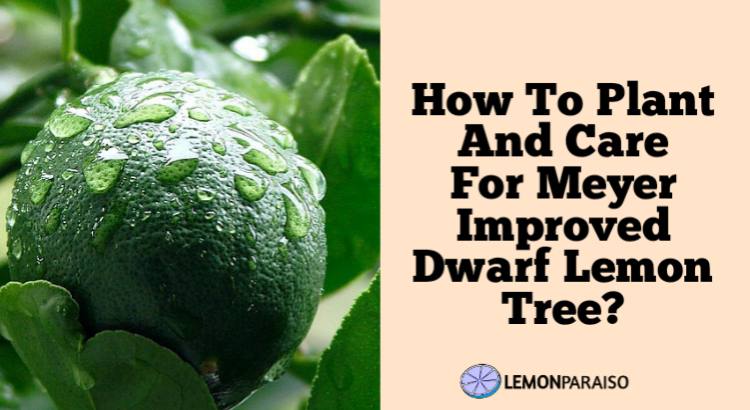Is Lemon Juice Flammable?
Lemon juice is a common household ingredient that is used in a variety of recipes and cleaning solutions. However, if you’ve ever wondered if lemon juice is flammable, you’re not alone.
Is Lemon Juice Flammable?
The simple answer is no, lemon juice is not flammable. Lemon juice is primarily composed of water, citric acid, and small amounts of natural sugars and other organic compounds.
As a result, it lacks the necessary chemical properties required to burn or support combustion. In fact, the high water content of lemon juice makes it a poor candidate for ignition, as water is known to extinguish fires rather than fuel them.
Is Lemon Juice Combustible?
Similarly, lemon juice is not considered combustible. Combustible substances are those that can burn or ignite when exposed to a heat source, typically due to the presence of a volatile organic compound.
Since lemon juice is primarily water-based and does not contain a sufficient concentration of volatile compounds, it does not pose a risk for combustion when exposed to heat or flames.
Is Lemon Juice A Fire Hazard?
Lemon juice is not generally regarded as a fire hazard. Given its composition, which is primarily water, citric acid, and trace amounts of natural sugars and other compounds, it does not possess the characteristics necessary to support combustion.
Therefore, it is safe to assume that lemon juice does not pose any significant fire hazard under normal circumstances.
Can Lemon Juice Be Used As A Fuel?
Although lemon juice contains small amounts of organic compounds, its energy content is relatively low, making it an inefficient and impractical fuel source.
Traditional fuels, such as gasoline or propane, contain hydrocarbons that release significant amounts of energy when combusted. Lemon juice lacks the necessary hydrocarbon content and energy density required to be an effective fuel source.
Does Lemon Juice Ignite Easily?
Lemon juice does not ignite easily or support combustion. As previously mentioned, lemon juice is primarily composed of water, citric acid, and trace amounts of natural sugars and other organic compounds.
Its high water content and lack of flammable components mean that it will not readily ignite, even when exposed to a direct heat source or flame.
Is Lemon Juice Volatile?
Lemon juice is not considered a volatile substance. Volatility refers to the tendency of a substance to vaporize or evaporate at room temperature, and it is often associated with flammable and combustible materials.
The primary components of lemon juice, such as water and citric acid, are not volatile, making it a stable and safe substance to handle and store.
Can Lemon Juice Cause A Fire?
It is highly unlikely that lemon juice could cause a fire. Given its high water content and lack of flammable compounds, it would not provide the necessary conditions to initiate or sustain a fire. Therefore, it is considered a safe substance in terms of fire risk.
Is Lemon Juice Safe To Use Near Flames?
Generally, lemon juice is safe to use near flames, as it is not flammable, combustible, or volatile. Its primary components do not pose any significant fire hazard.
However, it is always prudent to exercise caution when handling any substance near an open flame, and to avoid exposing the lemon juice to direct heat for extended periods.
What Happens When Lemon Juice Is Exposed To Heat?
When lemon juice is exposed to heat, its water content will start to evaporate, and the remaining components, such as citric acid and natural sugars, will become more concentrated.
This process can cause the lemon juice to thicken and develop a more intense flavor. However, due to the lack of flammable compounds in lemon juice, it will not ignite or combust when exposed to heat.

